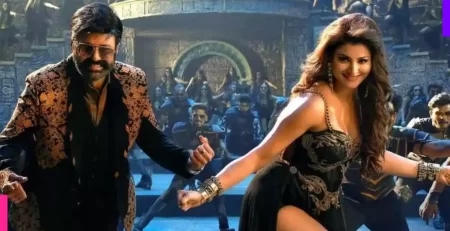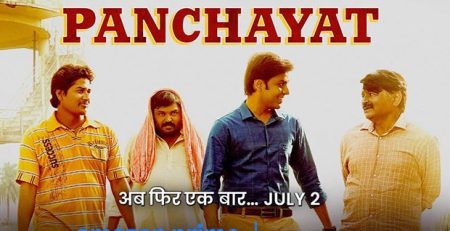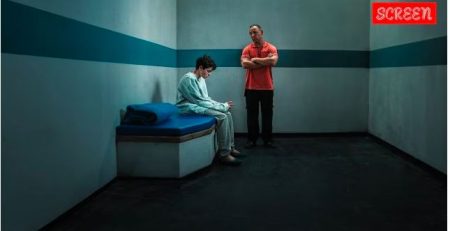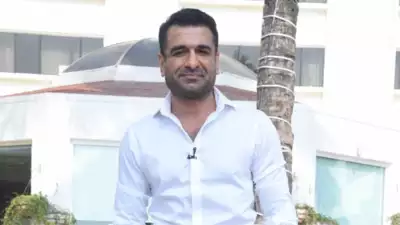Depp v Heard review: Inconsiderate new Netflix series flogs a dead horse, treats Johnny Depp and Amber Heard like zoo animals
Share this post
The cinematic equivalent of armchair journalism, Netflix’s new Depp v Heard documentary series is typically well-produced, but frustratingly shallow. One would imagine that only newly unearthed evidence, or a fresh perspective, or even a touch of empathy could inspire the re-litigation of such a (recent) public feud. But the three-part series offers little else besides a bland summary of the entire case, and that, too, after having taken a rather questionable stance on it.
Try as hard as director Emma Cooper might to appear unbiased, but certain editing choices betray her inner sympathies. No prizes for guessing what side the series seems to be leaning towards, but when one of the involved parties is introduced as a swashbuckler and the other a vixen, it leaves little room for ambiguity. Of course, it’s completely understandable for these biases — which might be subconscious, for all we know — to have crept into the show, because it isn’t like the jury is still out on the case. But it certainly deserved a more nuanced telling than this.
Also read | The Hunt for Veerappan review: Engaging Netflix documentary paints complex portrait of notorious brigand
In 2018, actor Amber Heard wrote an op-ed for the Washington Post, in which she claimed to have experienced professional and personal consequences for having spoken out publicly about the alleged abuse that she had suffered in a past relationship. While she didn’t take her ex-husband Johnny Depp’s name in her article, he felt that there were grounds for a defamation suit. After having lost a similar trial in the UK, where Depp had sued a journalist and a newspaper publisher for describing him as a ‘wife-beater’ in an article — it was ruled in this trial that he had indeed been violent towards Heard during their marriage — he slapped her with a lawsuit and claimed $50 million in damages. Heard countersued, claiming $100 million.
The trial was conducted in Virginia, not because either Depp or Heard had homes there, but because the Washington Post has servers in the state. This is one of the few intriguing insights that the show provides; Heard wanted the trial to take place in California, which was home base for both her and Depp, but he insisted on Virginia because it has tighter libel laws. More arm-twisting such as this must’ve surely unfolded in backrooms, but the series is mainly concerned with the circus that the trial eventually became — people camped outside the courthouse like they were Directioners desperate to catch a glimpse of Harry Styles — because Depp insisted that cameras be allowed to record the proceedings.
One of the most striking things about the series — not in a positive way — is that it features neither Depp or Heard. Instead, each of the three episodes has been stitched together from the hundreds of hours of trial footage that was live-streamed to hungry audiences across the world. The narrative is peppered with commentary from legal experts, basement-dwelling incels, and various other opportunists who made big money by offering opinions about the proceedings on social media.












Comment (1)
Nice